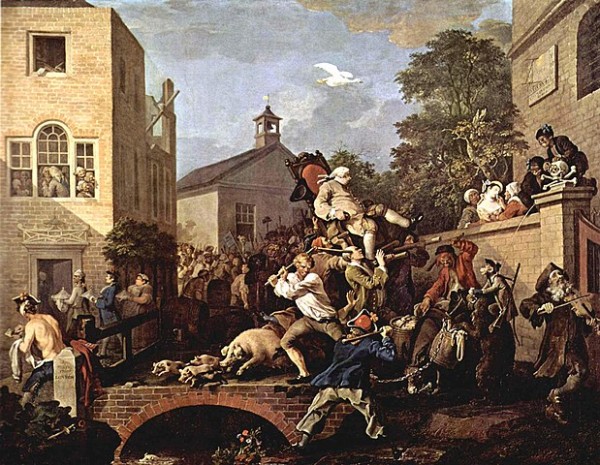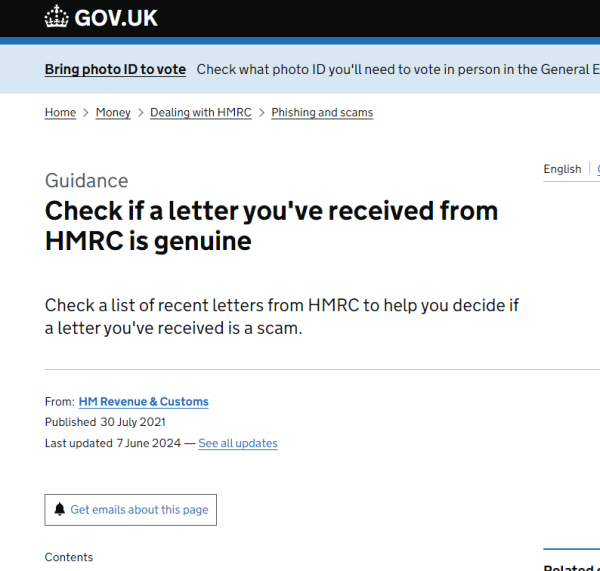EU Commission investigates Grok and X under DSA
![]() The European Commission has today announced a new formal investigation against X (the
The European Commission has today announced a new formal investigation against X (the conduit of hate alleged social media platform formerly known as Twitter. Ed.) under the Digital Services Act (DSA). In parallel, the Commission extended its current investigation launched in December 2023 into X’s compliance with its recommender systems risk management obligations.
The new investigation will examine whether the company properly assessed and mitigated risks associated with the deployment of Grok’s functionalities into X in the EU, including risks related to the dissemination of illegal content in the EU, such as manipulated sexually explicit images, including child sexual abuse material.
These risks seem to have materialised, exposing EU citizens to serious harm. Consequently, the Commission will further investigate whether X complies with its DSA obligations to:
- Diligently assess and mitigate systemic risks, including of the dissemination of illegal content, negative effects in relation to gender-based violence and serious negative consequences to physical and mental well-being stemming from deployments of Grok’s functionalities on its platform;
- Conduct and transmit to the Commission an ad-hoc risk assessment report for Grok’s functionalities in the X service with a critical impact on X’s risk profile prior to their deployment.
Furthermore, the Commission has extended its continuing formal proceedings initiated against X in December 2023 to determine if X has properly assessed and mitigated all systemic risks (as defined in the DSA) associated with its recommender systems, including the impact of its recently announced switch to a Grok-based recommender system.
If proven, these failures would constitute infringements of Articles 34(1) and (2), 35(1) and 42(2) of the DSA. The Commission will now carry out an in-depth investigation as a matter of priority. The opening of formal proceedings does not prejudge its outcome.
In the run-up to this investigation, the Commission has closely collaborated with Coimisiún na Meán, the Irish Digital Services Coordinator. In addition, Coimisiún na Meán will be associated with this investigation pursuant to Article 66(3) as the national Digital Services Coordinator in the EU country where X is based.
The opening of formal proceedings empowers the Commission to take further enforcement steps, such as adopting a non-compliance decision. The Commission is also empowered to accept any commitment made by X to remedy the matters subject to the proceeding.


 In recent times,
In recent times, 


 Yesterday the Irish Data Protection Commission (DPC)
Yesterday the Irish Data Protection Commission (DPC)  Clearview is an American company that offers facial recognition services, which has, inter alia, built up an illegal database with billions of photos of faces, including those of Dutch citizens. Furthermore, the authority has warned that using the services of Clearview is also prohibited.
Clearview is an American company that offers facial recognition services, which has, inter alia, built up an illegal database with billions of photos of faces, including those of Dutch citizens. Furthermore, the authority has warned that using the services of Clearview is also prohibited.
 The disaster known as Mary Elizabeth Truss was ousted from her comfy job misrepresenting the long-suffering burghers of Norfolk at the 4th July election. She was recently seen at the extreme right-wing Republican National Convention in Milwaukee, where the perpetual victim, one Donald John Trump, has been anointed its presidential candidate despite his being a convicted felon 34 times over, confirmed business fraudster, document thief, adjudicated sexual predator, congenital liar,
The disaster known as Mary Elizabeth Truss was ousted from her comfy job misrepresenting the long-suffering burghers of Norfolk at the 4th July election. She was recently seen at the extreme right-wing Republican National Convention in Milwaukee, where the perpetual victim, one Donald John Trump, has been anointed its presidential candidate despite his being a convicted felon 34 times over, confirmed business fraudster, document thief, adjudicated sexual predator, congenital liar, 


